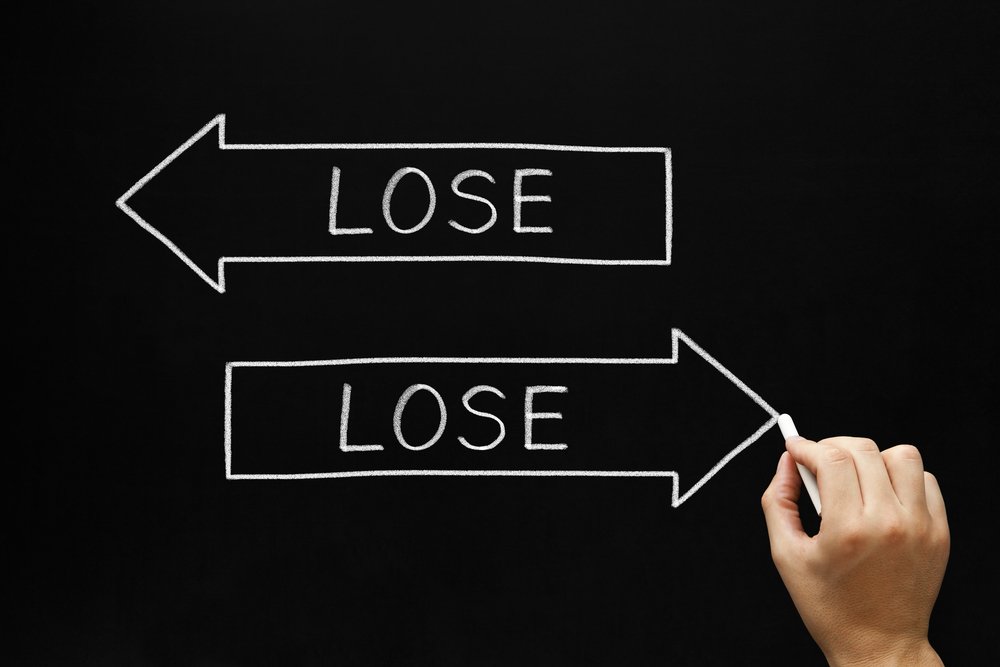Of Course You Think MacKenzie Scott Is Doing Philanthropy Wrong
/Ivelin Radkov/shutterstock
Since MacKenzie Scott divorced Jeff Bezos in 2019, she’s donated more than $8 billion, including donating $2.74 billion last summer while he spent billions on his own space tourism, saying, “The only way that I can see to deploy this much financial resource is by converting my Amazon winnings into space travel.” While she signed the Giving Pledge to donate a significant share of her wealth, he hasn’t done the same, giving far less than her, Bill Gates, Mark Zuckerberg, Warren Buffett or Mike Bloomberg, though he’s the wealthiest one of the bunch. While Bezos pays thousands of employees such low wages that they need to rely on food stamps, Scott funded groups that have been marginalized by philanthropy and intend to make social change, including those led by people of color, Native Americans, women, and LGBTQ+ people, while acknowledging the systemic racism that created and perpetuates the wealth gap. Yet can you guess which one of these two is being publicly attacked for doing philanthropy wrong?
When Scott donated in 2020 and disclosed all of the amounts and recipients, she was hounded for grandstanding and for giving money to orgs that work on police reform, saying it won’t affect her because she can afford private security. When she published an update this week stating that she would not be heralding the recipients or amounts of her latest donations at the time—to show that her giving is as meaningful as someone who gives $50—she was dragged again.
This time, it was that she undermined norms about the accountability of our wealthiest citizens, with Fortune saying that her “newfound secrecy dulls the influence” of her donations that “it will be harder for other donors to follow her example now that she’s doing her giving in secret.” Scott has since published a follow-up post to clarify that she does, in fact, intend to share these details in the year to come: “My commitment to sharing information about my own giving has never wavered.”
And despite working with the Bridgespan Group, a nonprofit that advises philanthropies set up by Gates, Bloomberg, and the Ford and Rockefeller foundations, Bloomberg ran a headline calling her donation a “giving spree,” as if, like a character in Clueless, she impulsively and thoughtlessly blew all of her daddy’s lunch money on stilettos at the mall.
It’s not difficult to see that sexism persists as part of our culture’s discomfort with women having extreme power, stepping into roles that have historically only been available to men. We see it in philanthropy, and we see it in government. While there are only nine women governors total in the United States, in a recent national poll of the least popular governors, four of the bottom 10 are women. Oregon Gov. Kate Brown, for example, a woman and the country’s first LGBTQ governor, has provided health insurance to all children in the state, raised the minimum wage, passed family leave, provided rent control, protected access to abortion, considerably boosted the high school graduated rate, and kept her state to one of the lowest COVID death rates in the country. Yet despite all of these bold and wildly popular outcomes, she’s still often characterized as weak, simply “mimicking” whatever male governors do, or being slotted into the Mean Mommy/Nurse Ratchett archetype when she asserts her authority with COVID rules. In the state’s entire history, only two governors have been women, and only two governors have faced public recalls—can you guess which two they were?
The criticisms of Scott and Brown, among countless other powerful women, is a painful reminder that there is no amount we can achieve, no amount we can give, that will stop the criticism—because the ire is not really about the choices women make. It’s about who’s making them.
Elizabeth Barajas-Román is the President & CEO of the Women's Funding Network, the world’s largest philanthropy alliance for gender equity.









